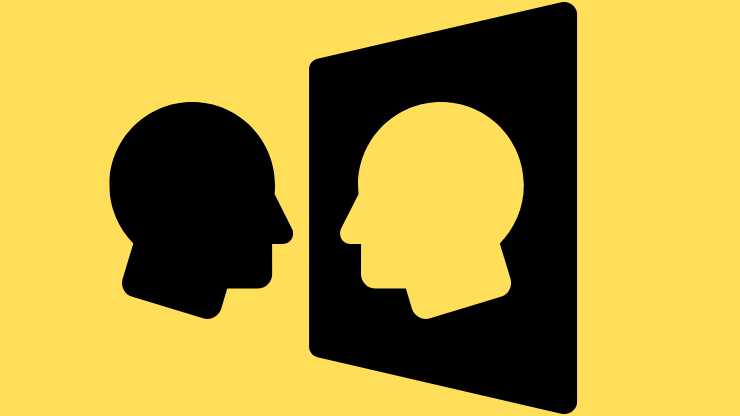Attribute substitution is a cognitive process in which an individual replaces a complex, difficult-to-assess attribute with a simpler, more readily available heuristic one. This is a psychological process thought to underlie a number of cognitive biases and play a significant role in the field of psychology and decision-making theory. This substitution is believed to happen in the automatic intuitive judgment system,…
Category: Cognitive Science
Cognitive Restructuring vs Cognitive Reframing
Cognitive restructuring involves identifying and challenging irrational or maladaptive thoughts. The process is therapeutic and analytical, requiring individuals to examine the evidence for and against their thoughts, question their validity, and then replace them with more balanced and realistic ones. For example, cognitive restructuring is a key element within traditional cognitive-behavioral therapy that helps to modify…
Trait Ascription Bias
Trait ascription bias refers to the tendency of people to judge the personality traits of others more prominently than they would the situational factors influencing those people’s behaviors. It often results in a skewed perception, where one assumes that behavior is reflective of inherent personality characteristics rather than external circumstances. The roots of trait ascription bias lie in the…
Naive Cynicism – The Distrust Bias
When people mistakenly assume that others are more egocentrically biased than they actually are, it can lead to naïve cynicism, a cognitive bias and type of psychological egoization. Unlike healthy skepticism, it overgeneralizes and impairs objective judgement. This bias stems from a protective mechanism; it mitigates disappointment from unmet expectations and aligns with one’s preconceived…
Langer’s Illusion of Control
The illusion of control refers to people’s inclination to overestimate their power to control events. It was named by Ellen Langer, a psychologist from the United States, and is thought to impact gambling behavior and paranormal beliefs. The illusion of control, like illusory superiority and optimism bias, is a positive illusion. The illusion could arise…
Egocentric Bias: How Personal Perspective Skews Judgment
Egocentric bias is a cognitive bias that influences one to rely too heavily on their own perspective and experiences when evaluating events surrounding them, as well as the feelings and behaviors of others. Individuals with an egocentric bias may believe others share the same opinion as they do. This illusion of transparency can lead to misunderstandings, as it assumes…
What is the Bias Blind Spot?
The Bias Blind Spot represents a discrepancy in recognition of cognitive bias — the difference between one’s self-perceived objectivity and the reality of one’s own biases. Cognitive biases represent a systematic pattern of deviation from norm or rationality in judgment, wherein subjective reality, through the filter of personal experiences and preferences, shapes and distorts objective…
What is Action Bias?
Action bias is a cognitive bias characterized by the tendency of individuals to take action, even when it is not the optimal solution. This psychological phenomenon is rooted in the impulse to act, often driven by the discomfort of uncertainty or the desire for control. In decision-making contexts, people may favor action over inaction, as doing something…
What is the Illusion of Validity?
The illusion of validity is a cognitive bias that occurs when individuals overestimate the predictive accuracy of their judgments when analyzing data, especially in the presence of seemingly strong evidence. It leads them to believe that their ability to predict outcomes is valid when it may not be. Crucially, this phenomenon can persist even in the face…








